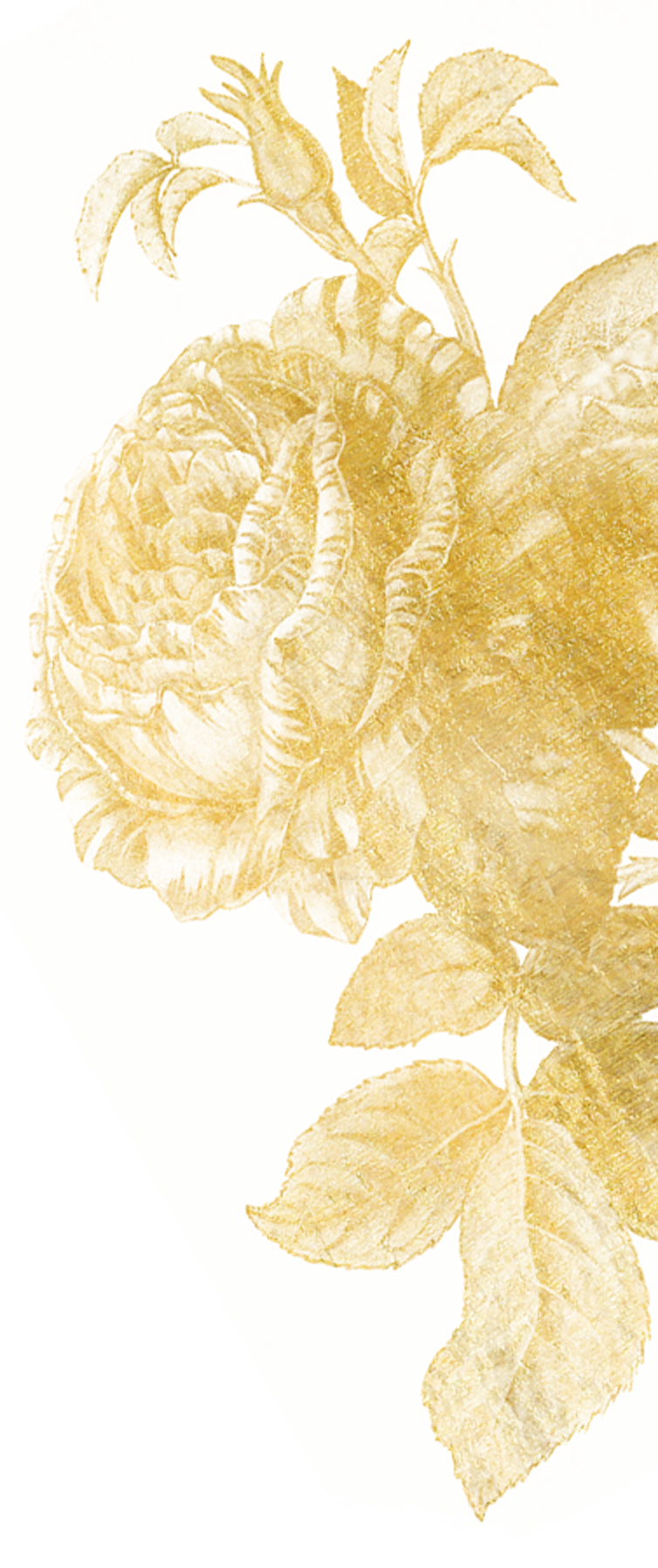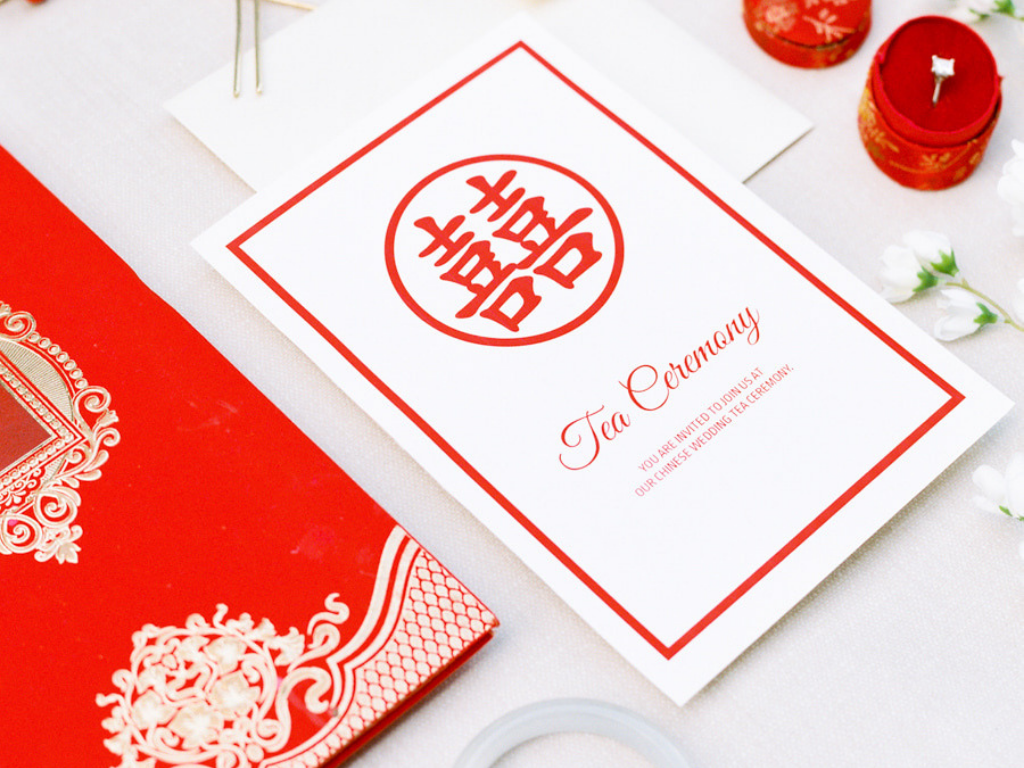Amy & Dylan


Chinese Tradition

Door Games
Bridesmaids/Groomsmen
The ancient Chinese door games, called chuangmen, originated from the idea that a bride is a prized daughter and her family would never let someone take their most important possession easily. It is rooted from the ancient fear of families and friends that were hesitant in seeing their loved ones marry and go away. They would make up ways to block access between the groom’s path, including using various objects at hand such as pots or buckets. The Red Lucky Envelopes are just one of the many ways that the groom will do to ‘buy’ his way into the bride’s home. These games can vary from tests of knowledge, strength, or creativity. However, all are done with love in mind for both partners.
Tea Ceremony
Parents, Grandparents, Siblings
The Chinese tea ceremony is conducted on the day of the wedding and sees the bride and groom serve tea to their parents, in-laws, and other family members. Symbolizing the union of two families, it is a meaningful part of the day, typically taking place inside the couple’s respective family homes. The couple, often dressed in traditional wedding garments (the qun kwa for the bride, in particular), will kneel before their elders and serve them tea, with the help of attendants (usually bridesmaids). The parents and in-laws are the key recipients, and sometimes other relatives such as grandparents will also be present.